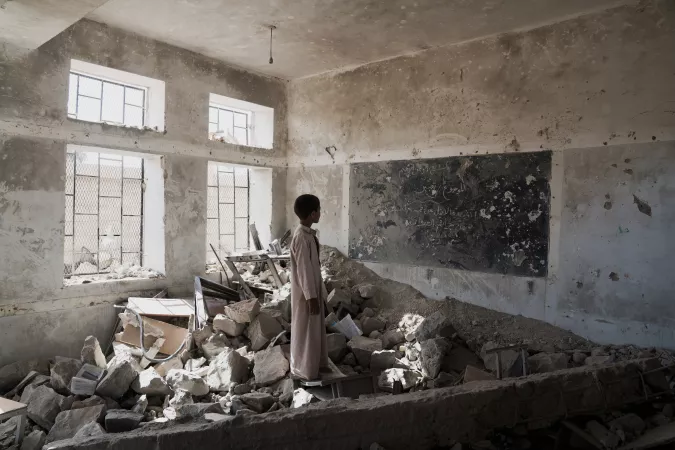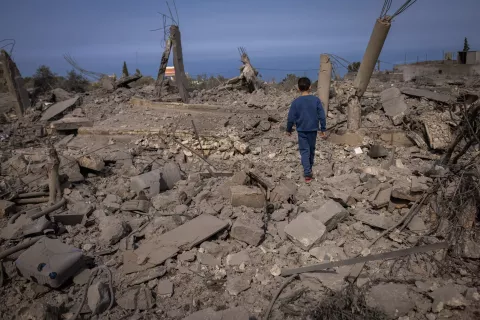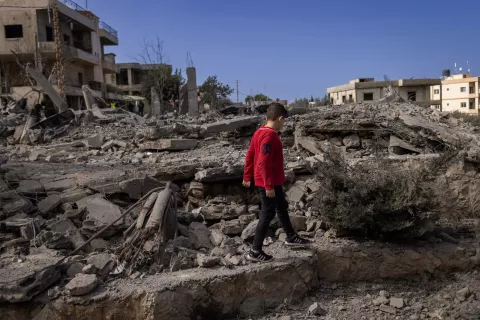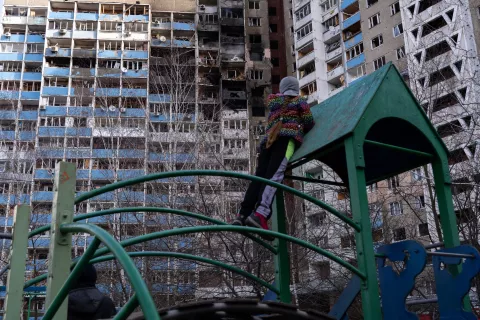Conflict shuts a third of schools in Yemen’s port city of Hudaydah
Statement attributable to Meritxell Relaño, UNICEF Representative in Yemen
SANA’A, 30 November 2018 – “More than 60,000 boys and girls are out of school because of the fighting in and around the port city of Hudaydah in Yemen. The violence has forced over a third of all schools there to close, with 15 located on the frontline and others badly damaged or being used as shelters for displaced families. Schools running double shifts in the area have had to scale back to just a few hours of instruction in the morning.
“In the worst affected areas of Hudaydah, only one in three students is able to continue their education and less than a quarter of all teachers are present in school. Most education personnel in Yemen have not received a salary in more than two years, and many have been forced to flee the violence or to find other opportunities to make ends meets.
“Despite the many hardships they face, countless teachers across Yemen continue to educate children in any way that they can. Their commitment to keep children learning is nothing short of heroic.
“There is no aspect of a child’s life in Yemen that isn’t deeply impacted by the conflict. As the war on children in Yemen continues to injure and kill, the violence is also having a profound effect on children’s education – and their prospects for a brighter future. Parties to the conflict should immediately stop the fighting and refrain from military activities in and around schools in Hudaydah and across Yemen, to keep students, teachers and other education staff out of harm’s way and give education a chance.
“UNICEF is working on a programme to provide teachers with small cash payments monthly to help keep them in school until the salary crisis is resolved.
“It is urgent that Yemeni authorities work together to find a solution for paying teachers’ and other civil servants’ salaries. Above all, the war on children in Yemen must stop.”
###
Notes for editors:
- Across Yemen, more than 2 million children are out of school, an increase of half a million since the conflict escalated in 2015.
- One in five schools across the country cannot be used because they are destroyed, damaged, sheltering displaced families or being used for military purposes.
- Working with partners, UNICEF is helping to improve quality and access to education across Yemen by rehabilitating damaged schools, providing temporary learning spaces for children, creating safe learning environments, improving water, sanitation and hygiene facilities in school and training teachers to support the psycho-social needs of conflict-affected children.




